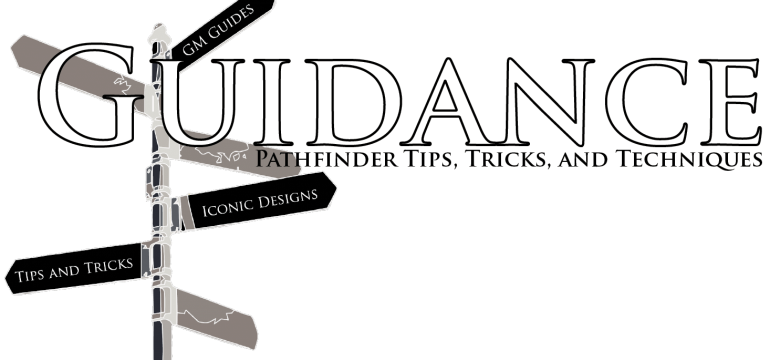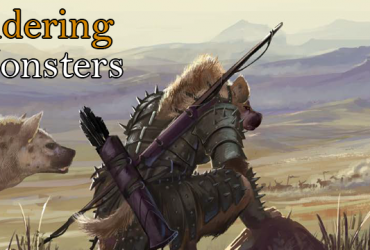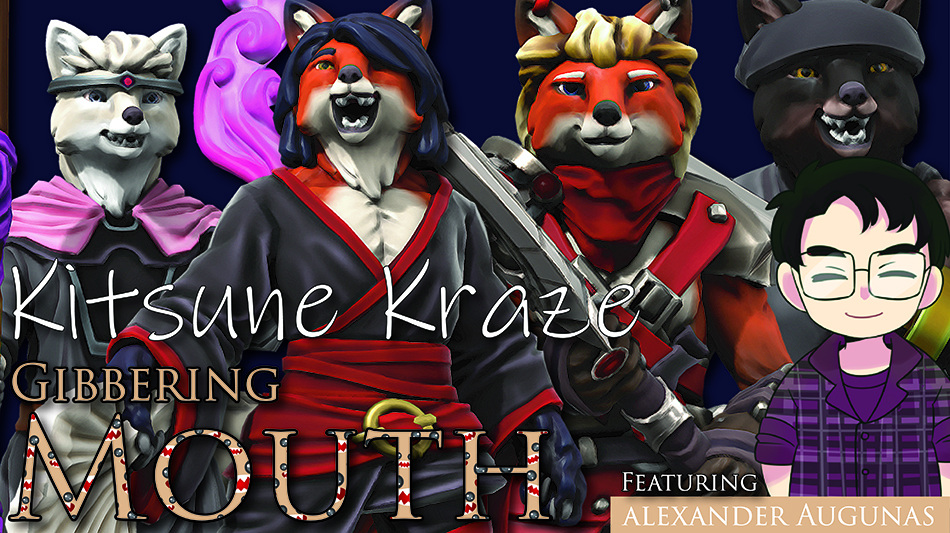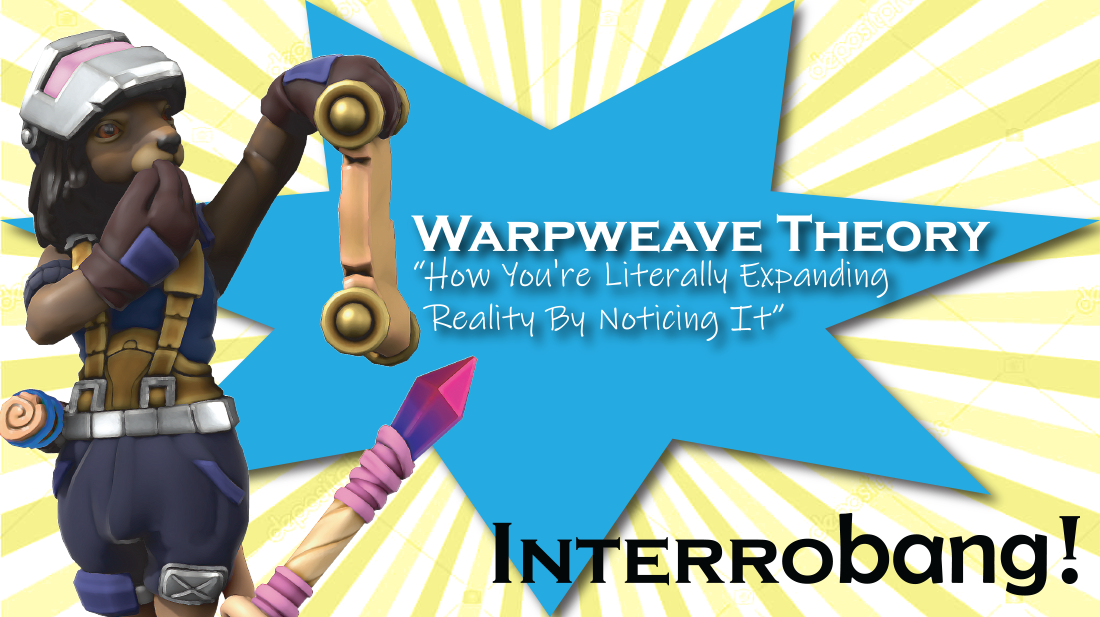I’m 100% stealing this line from my friend N. Jolly, but there are literally two types of Tabletop RPGs—Marks and Smarks. I don’t care who you are or what you say you believe in, you’re either a Mark or a Smark, and honestly, that’s okay! It is even okay if you don’t know what a Mark or a Smark is, because I’m going to teach you ALL about it.
LET’S GET READY TO WREESSSSSTLE!
All right, before I begin my explanation, please be aware that I am NOT in to professional wrestling, so if I get something wrong please correct me in the comments.
In professional wrestling, the terms “Marks” and “Smarks” refer to the people in the audience who are watching the wrestling match. As many of you know, professional wrestling is LITTERED with rivalries and trash talk and … its all a performance. All of it. Sorry if I crashed your bubble. So, the first thing that is important to point out about the audience is that basically everyone knows that the rivalries and the trash talking is all just a performance for entertainment. As South Park put it, its all subtext. Most people don’t believe that any of it is real, but how Marks and Smarks handle this knowledge differs drastically. The history of the terms “Marks” and “Smarks” has a fair bit of insulting history behind it (mostly going back to the early days of Pro Wrestling, before it was widely known that most of the wrestling was for show). Instead, I’m going to use the modern terminology for this.
Marks are the people who follow wrestling casually. They care more about the drama and the stories then the actual construction of the match, even though they know it isn’t real.
Smarks (or Smart Marks, as they like to call themselves) are the people who study and analyze matches, root out backstage gossip, and generally take wrestling more seriously.
Generally, in wrestling, Marks don’t know that they’re Marks—they’re too casual to be familiar with the lingo, so even today it’s a term that largely gets thrown around by people who identify as Smarks.
So with this in mind, how can we apply Marks and Smarks to Pathfinder? Well, I’m glad you asked.
LET’S GET READY TO ROLL DIIIIIIICE!
Bringing the terminology of “Marks” and “Smarks” to Pathfinder is pretty easy. Change “Wrestling” to “Pathfinder,” “Match” to “mechanics,” and “backstage” to “freelancer/developer.”
Watch the magic unfurl.
Marks are the people who follow PATHFINDER casually. They care more about the drama and the stories then the actual construction of MECHANICS match, even though they know it isn’t real.
Smarks (or Smart Marks, as they like to call themselves) are the people who study and analyze MECHANICS, root out FREELANCER/DEVEOPER gossip, and generally take PATHFINDER more seriously.
Boom! Instant application! So, what do we do with it?
Marks and Smarks, the Eternal Struggle!
In professional wrestling, the advent of the internet has allowed the Mark and Smark communities to mingle better then they did back in the days of newsletters and video tape trading, which has caused the line dividing Mark and Smark to blur drastically. You’ll see Marks talk about how they don’t like certain wrestlers and will leave when thy’re on, and you’ll see Smarks enjoy wrestlers who aren’t the “technical perfection” in the ring simply because they enjoy them.
Pathfinder has shades of this too. There are Marks who are very mechanics-savvy and there are Smarks who get engrossed in the story, even established Campaign Settings like Pathfinder’s. And neither side is really any better than the other—both wrestling and Pathfinder have hard-core fans that insist upon the difference, usually by emphasizing each other’s negative stereotypes or overall acting poorly. But even as divides blur and ethnical morality ebbs between the two, at the end of the day people come to each conversation with one of these two mindsets, and some of the biggest clashes you’ll see in shared spaces between the two groups happen because of this differentiating ideology.
For example, about a week ago this big conversation erupted on Paizo’s forums involving the new Bladed Brush feat (the one I featured on Iconic Design last week) and whether or not its requirement of “must worship Shelyn” was a fair one. Another one of my friends, Isabelle Lee, pointed the thread out to me. Reading the post, it was fairly split between Marks and Smarks. The Smarks attacked the feat, saying that it made no sense to have a deity component in the prerequisites because there was nothing divine about the feat’s benefit. The Marks defended the feat, saying that it clearly represented Shelyn herself and how her followers would likely wield a glaive, and that the feat appeared alongside a Shelyn Prestige Class so it made sense. The Smarks didn’t like that the feat told them how to play their character. The Marks say that as a feature, not a flaw.
But ultimately, is any one of them wrong? Well, yes and no. When we talk about Pathfinder, we’re mostly talking about opinions on both sides. That’s because of the simple truth that true Marks don’t care about the numbers or the statistics, as long as things look and feel good, and true Smarks don’t really know the ins and outs of the game. They THINK they do, mind you, and modern Pathfinder players (Marks and Smarks) are more informed then they ever were, but that doesn’t change the fact that neither Marks nor Smarks are the people who write the game.
Or are they?
The Third Element
In professional wrestling, there is a “third” category of “audience” member beyond Marks and Smarks—the Smarts. Originally, Smarts were named so because they were the ones who planned the wrestling matches. They’re the ones who wrote scripts and set up matches. They were the “smart” people who knew wrestling was fake because they were the ones who made it. To this extent, a Smark or “Smart Mark” was so named because they were a Mark (someone in the audience who wasn’t involved in production) who knew that everything was fake, like a Smart.
In Pathfinder, its possible to say that a “Smart” is someone who helps make the game itself—a designer or developer or author. But Pathfinder is WAY more complicated than wrestling in this aspect in that people who were in the audience ascend to production with relative frequency. For instance, Creative Developer James Jacobs started playing Dungeons and Dragons when he was 10 years old and eventually joined up with Paizo after working and writing for Wizards of the Coast for a few years. Developer Mark Moreland was owner and primary operator of the PathfinderWiki, which was originally a fan-run website dedicated to Pathfinder. Adam Daigle was a freelancer for a number of years, Mark Seifter and Linda Zayas-Palmer were Venture-Officers for PFS—the list goes on and on. And each of those people comes to Pathfinder with their own ideas and assumptions regarding how things ought to work in Pathfinder. For example, the crew that makes up the Pathfinder Design Team is pretty cautious (formerly opposed) to Dexterity to damage for martial characters, but the Campaign Setting team brought Dexterity to damage into the setting years prior in the form of things like the Dervish Dance feat and the agile special weapon property. Specific aspects of the campaign setting have been outright changed or left to rot as people come up with ideas and eventually disown them, such as Erastil’s original attitudes towards women or Taldor’s disownment of Sarenrae’s faith.
I would go as far as to say that “Smarts” don’t really exist in Pathfinder in the sense that to a degree, everyone is an audience member. Every member of Paizo’s staff plays Pathfinder, many of whom play directly in Golarion. They make the stories and adventures that they themselves are interested in seeing and experiencing, so in a certain sense that design Pathfinder with themselves included as audience members. And like the audience, they have their own ideas on how things should work in the game. So if the people who make Pathfinder can agree to disagree and still create something wonderful, the rest of us audience members should be able to as well.
Next Time
I’m going to continue with this train of thought on the next installment of Guidance, which will be focused around people looking to design for the Pathfinder Roleplaying Game with Marks and Smarks in mind. How DO you create something that people with these different thought processes will enjoy, because let me assure you, it IS possible.
So until next time, I’m Alex Augunas and I’m always here for YOU when you need a little bit of Guidance. Take care!
Alexander “Alex” Augunas has been playing roleplaying games since 2007, which isn’t nearly as long as 90% of his colleagues. Alexander is an active freelancer for the Pathfinder Roleplaying Game and is best known as the author of the Pact Magic Unbound series by Radiance House. Alex is the owner of Everyman Gaming, LLC and is often stylized as the Everyman Gamer in honor of Guidance’s original home. Alex also cohosts the Private Sanctuary Podcast, along with fellow blogger Anthony Li, and you can follow their exploits on Facebook in the 3.5 Private Sanctuary Group, or on Alex’s Twitter, @AlJAug.







well, my understanding is that the wrestling terminology started with “smarts” and “marks”. Marks were people who didn’t realize wrestling was scripted, smarts were people who did. Smarks were smart marks, people who understood wrestling was scripted but still followed the storyline and loved it even more for being so over the top.
Yup! That’s what all my research on the topic found too.
However, Pathfinder ever really had a “Smarts” because it inherited its rules and its playerbase from a 30 year old game system. As a result, most people sort of game in as “smarks,” and a much of “smarks” became “smarts” so one can argue that the line between “smarks” and “smarts” in Pathfinder is really, really thin.